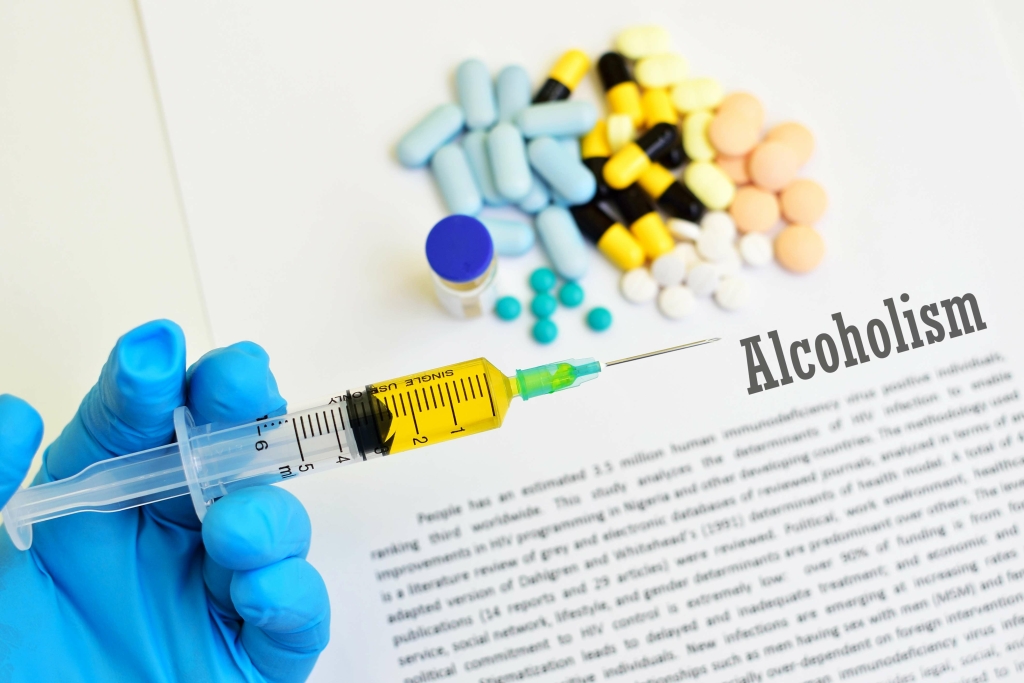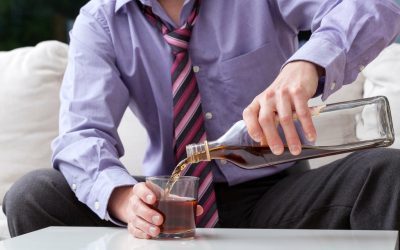In fact, athletes and other sports enthusiasts have been known to run for a beer after their games. Bicyclists and runners enjoy hanging out at pubs after training or a race. In addition, you’re likely to lose a lot of water while exercising, so if you’re thirsty, you can always bring a beer.
FAQ 11: Can drinking beer make me retain water?
Having the right balance of fluid in your system is essential for your body to carry out basic functions. Beer contains trace amounts of electrolytes from ingredients like hops and barley. While they can contribute minor hydration benefits, they’re not a substitute for electrolyte-rich Oxford House fluids, particularly after intense exercise.
- Other drinks that many of us tend to consume on a daily basis, such as coffee and various types of alcohol.
- Alcohol-induced dehydration doesn’t have different signs than normal dehydration.
- Most guidelines recommend aiming for a total fluid intake of about 11.5 cups (2.7 L) for women and 15.5 cups (3.7 L) for men, which includes water from both foods and beverages (16).
- The fermentation process has a positive effect on these ingredients by promoting increased bioavailability and enzymatic activity, making them more readily absorbed and used by the body.
Top 5 Most Popular Beers in Vietnam
- However, it’s crucial to remember that the more alcohol is consumed, regardless of the drink, the more dehydrated one will become.
- It employs enzymes, primarily alcohol dehydrogenase (ADH) and aldehyde dehydrogenase (ALDH), to break down ethanol into less harmful substances that the body can process and eliminate.
Milk is also a good can beer make you dehydrated choice to help you rehydrate, assuming your hangover hasn’t put you off dairy. The same 2016 study from the American Journal of Clinical Nutrition found that milk was more hydrating than water, sports drinks, coffee, tea, and a handful of other common beverages 6. When you’re feeling a hangover, it’s important to explore the root cause. As we’ve known for thousands of years, alcohol has countless effects on the way our bodies function. Alcohol impacts our cognition, mood, balance (ever had a few too many and seen the world spinning?), speech and many other aspects of our physiology. Despite alcohol’s historic worldwide popularity, we’re still largely unsure of exactly how it has these effects.
- However, it is important to note that stronger beers with higher alcohol content are more likely to cause dehydration.
- You probably know dehydration as what happens to our bodies when we don’t take in enough fluids.
- She recommends treating beer akin to other sugary or alcoholic beverages—drink it in moderation and always supplement with water.
- This means that the more alcohol you consume, the more dehydrated you become.
Why Do Alcohol Drinkers Prefer Kratom While Taking A Break From Drinking?
After you are already dehydrated, consuming oily and fatty fast food is not a good idea. These foods dehydrate the body even more, so once you feel that a lot of beer has dehydrated your system, you must have a healthy and light meal. When you consume beer, the enzymes in the liver get converted into a large amount of acetaldehyde. When this substance becomes too high in your body, it can become toxic. Alcohol also causes the body to produce a lot of vasopressin, and this compound directly impacts the diuretic effect and dehydrates the human body.

Why does drinking alcohol cause dehydration?
To maximize hydration, consume NA beer alongside water or sports drinks, especially after workouts. Balancing your NA beer intake with other hydrating beverages ensures you maintain fluid balance and supports recovery after physical activities. To understand how wine dehydrates you, we have to break down the dehydrating effects of alcohol overall. Beer typically has an alcohol content of between 2% and 6%, with some beers reaching 10% or more. According to some studies, beer with a low alcohol content may not dehydrate you. One study found that beverages with low alcohol concentrations, such as beer with 2% ABV, have a negligible diuretic effect and can be used for hydration.
After all, there are millions of people who enjoy drinking beer. But how does alcohol actually cause those unpleasant symptoms? Alcohol — despite being a fluid — inhibits the release of vasopressin, an anti-diuretic hormone that rushes to our defense when our concentration of electrolytes rise above a certain level.
If you’ve ever heard the term, “breaking the seal,” you know that alcohol has a diuretic effect on the body, meaning it causes you to urinate more frequently. The process is called diuresis, which on its own causes dehydration 1. It’s formulated to stop dehydration in its tracks and boost your energy and mental clarity. A great way to prevent dehydration from alcohol is to make mineral supplements a part of your daily https://kripton.co.in/2021/06/14/binge-drinking-definition-effects-and-risks-3/ routine. You’ll be much less likely to experience dehydration if your body is already well-stocked with the nutrients it needs to fight back. Since the alcohol content reaches your bloodstream faster, you might find yourself bringing up politics with Aunt Janet just two drinks in.
Vasopressin usually causes the kidneys to save water instead of passing it as urine. Alcohol therefore inhibits this critical water-saving mechanism inappropriately, which can lead to losing too much water and becoming dehydrated. Alcohol by volume (ABV) is used to compare the alcohol content of different drinks.


Though all liquids can help you meet your fluid needs, some may be more hydrating than others. Were employed by the Dutch Beer Institute during executing the study and writing the manuscript. The founding sponsors had no role in the design of the study, the analyses, or in the decision to publish the results. None of the other authors have conflicts of interests to declare.
kinds of drinks that actually dehydrate you — and why
In addition to feeling thirsty, common symptoms of dehydration include dry mouth, headache, dizziness, and fatigue. Prolonged dehydration can also lead to more serious health issues such as kidney stones and urinary tract infections. Alcohol is a diuretic, which means it increases urine production and can lead to dehydration.
Thus, alcohol consumption is not always a bad idea, and there are still some things to remember to stay hydrated. One of the most common symptoms of dehydration is increased thirst. When you’re dehydrated, your body sends signals to your brain to drink more fluids. This can manifest as a persistent feeling of thirst, even after drinking alcohol. Pay attention to your body’s signals and make sure to drink plenty of water to stay hydrated. Furthermore, alcohol can affect kidney function, which plays a crucial role in maintaining hydration.
Have your friends at the bar ever joked you were “breaking the seal” as you headed to the toilet? Alcohol is a diuretic, which means it increases your urine output. If you’re peeing out more than you’re taking in, this can have a dehydrating effect.
